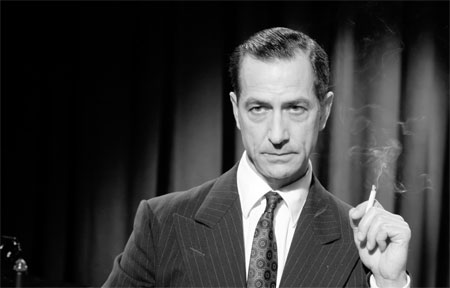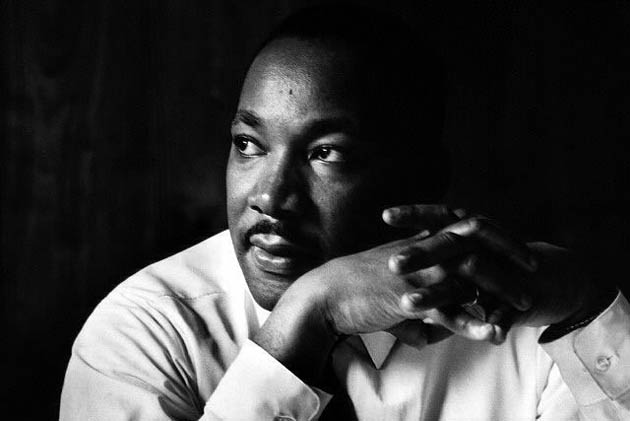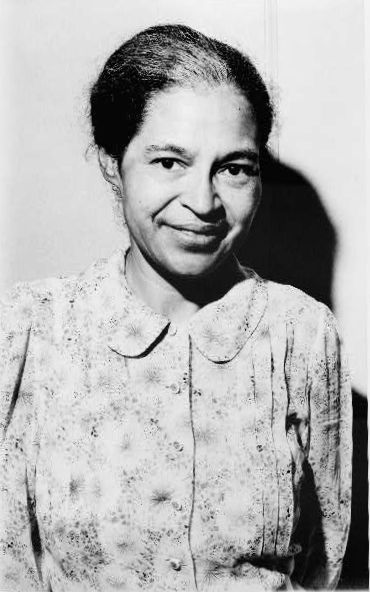
While perhaps a bit too black-and-white in terms of the history, George Clooney’s
Good Night, and Good Luck is nevertheless a somber and captivating paean to Edward R. Murrow, his
televised expose of Joe McCarthy, and, by extension, the Pioneer Days of Television Journalism. (In this last regard, it’s somewhat reminiscent of the excellent Clooney-produced
live TV version of Fail Safe a few years ago.) It’s also assuredly a smoother, subtler, and more accomplished bit of muckraking than, say,
Tim Robbins’ recent and lamentably over-the-top Embedded. Once again displaying the surprisingly strong directorial sense he exhibited in
Confessions of a Dangerous Mind, Clooney also benefits here from a smartly written script which refuses to talk down to its audience, the crisp black-and-white cinematography, and quality performances across the board. As a result, what could have been an above-average History Channel documentary is instead a powerful and intelligent work of cinema that’s easily one of the better films out this year.
Admittedly, as Jack Shafer pointed out in Slate, Good Night, and Good Luck is rather narrowly focused, and works better as an impassioned and articulate morality play than it does as sound history. The Murrow of this film is saintly to a fault (although David Straitharn ameliorates this with a sardonic and multifaceted performance that may well get some nods come award time.) And there’s very little historical context offered herein, either for the origins of the McCarthy hysteria or for the Wisconsin Senator’s ultimate downfall, which had more to do with picking a fight with the army than with the Murrow broadcast.
That being said, I really like the way Clooney uses archival footage in this film. For one, Clooney was clever to follow Murrow’s example and let Joe McCarthy hoist himself on his own petard. Having the real McCarthy excoriate Murrow as the “leader of the jackal pack” gives the film a sense of history (and menace) that an actorly turn couldn’t have provided. For another, Clooney, who definitely appears to have done his homework, is unafraid to cut to real historical footage — the Annie Lee Moss hearings, for example — for extended periods, and just let the inherent drama of the real proceedings speak for itself. As a result, the history feels alive and contemporary, no mean feat when so many other historical films seem to use the past as merely exotic window dressing. Could the film have been more nuanced in its appraisal of both Murrow and McCarthyism? Undoubtedly. (Then again, nuanced appraisals weren’t exactly McCarthy’s strong point, either., nor is it a long suit of his current defenders.) But on the whole, Good Night, and Good Luck is, I think, a worthy exercise in historical filmmaking, and one with some obvious relevance in light of today’s entertainment-addled, sideshow-obsessed news media.
Movie-wise, there are a few small problems. I think the GN, & GL should have done either more or less with Robert Downey, Jr. and Patricia Clarkson as Wershbas Joe and Shirley — their particular plight doesn’t tie in to the rest of the story very well. And, while Ray Wise is good as the broadcaster-at-wits-end Don Hollenbeck, he’s also typecast in my mind — I kept expecting him to break into the Leland Palmer dance. All in all, though, Good Night, and Good Luck manages to enliven both the staid television studios of Fifties CBS and this historical moment with smoky jazz, languishing cigarettes, and ominous shadows. As the show says, see it now.






